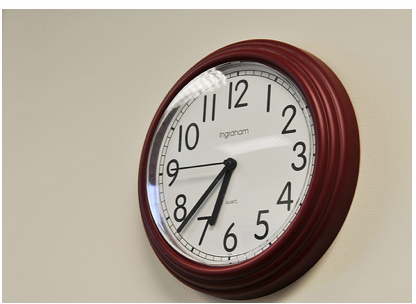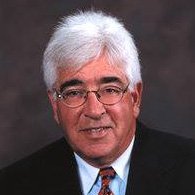Staying on Time
July 15, 2013
 This is my third post of a series on strategies to promote patient attraction/patient retention. The first was on the importance of post treatment telephone calls, and the second was on the marketing impact of technology. Today I would like to discuss the importance of staying on time.
This is my third post of a series on strategies to promote patient attraction/patient retention. The first was on the importance of post treatment telephone calls, and the second was on the marketing impact of technology. Today I would like to discuss the importance of staying on time.
I firmly believe that the doctor is ultimately responsible for staying on time. No matter how perfectly crafted a schedule might be at the start of a day, it can all go to hell in a handbag if the doctor does not stick with the program. At the core, it becomes simply an issue of respect. An agreement and an understanding that the patient’s time and the patient’s life is just as important as yours. And I do find that people/patients will respect your time in direct proportion to the way you respect theirs. It has to become a major part of the DNA of the practice–we will stay on time!
So what can a doctor do to consistently maintain an on –time schedule?
1. Do not perform definitive therapy for emergency patients. While I strongly advocate that emergencies should be seen on the day of the call, the main goal should be to relieve pain or anxiety. Diagnose the problem. Get them comfortable, of course. And then reschedule for definitive therapy.
2. Resist the temptation to present elaborate treatment plans in the hygiene room. This creates delays in both the hygiene schedule and the doctor schedule. More on this next time.
3. Stop taking personal calls during business hours – like from a stockbroker or a golf buddy. Totally unacceptable. And please don’t think that patients in treatment rooms are not aware of what is going on. When some-one is reclined in the dental chair and hears the doctor gabbing instead of paying attention to them, it is very aggravating.
4. Do not agree to or allow a treatment schedule that you know is unsustainable or unrealistic. I could spend six hours discussing proper scheduling, so this is obviously not the place to do that. But the two most common scheduling errors that I observe are related to unbridled optimism: an inadequate time allowance for a known procedure, and an inadequate time allowance for a patient put in the schedule for an unknown procedure like a toothache or broken filling. Both of these situations almost guarantee that the doctor will fall behind.
5. Be aware of the implications of bad judgment calls. This typically happens when a scheduled procedure is not progressing well. Maybe the patient was late, maybe an impression has to be repeated because the tissue was bleeding. There are a million examples. It’s important to know when to punt. Don’t mess up an entire morning or afternoon by insisting on finishing the procedure.
There will be, of course, situations where despite your best efforts, you get behind schedule. If you can anticipate this, it is always a good idea to call a patient to let them know you are running late. This beats their sitting in your reception room waiting – and waiting – staring at the front desk person and looking at their watch. When you keep someone waiting more than fifteen minutes, they start mentally counting up all your faults! I also recommend sending a small gift – movie tickets or coffee cards – with a note apologizing for the inconvenience.
Above all else, take the stress out of your life. Stay on time. Everyone is much happier.
No Comments
No comments yet.
RSS feed for comments on this post.
Sorry, the comment form is closed at this time.

